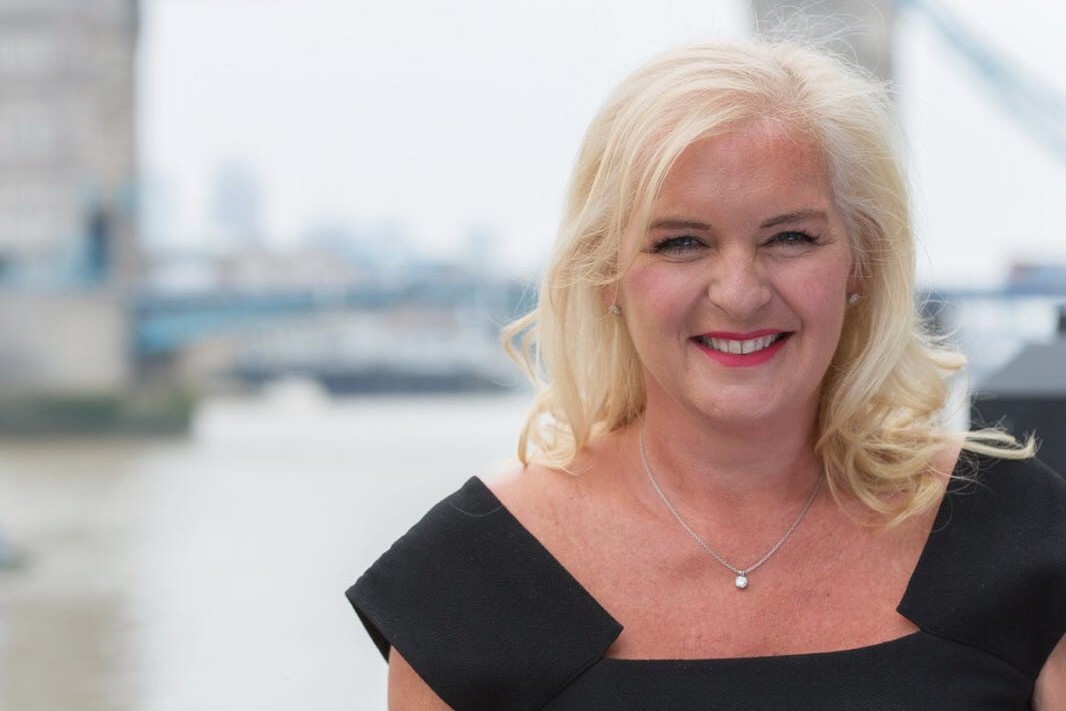Article
Business leaders need to grow their way out of a crisis

Jenny Knott is a leading innovator in financial technologies. She’s been the CEO of an investment bank and she serves as a board advisor to a number of companies – but you’d be wrong to assume she thinks her success makes her a shining example of gender diversity.
“You’re born a woman, you’re born gay or whatever, and you can’t do anything about that,” she said. “What I do feel accountable for, in terms of my success, is more socio-economic: I was born into a lower-middle class family, went to state school, and didn’t go to university. And in business that means that most of the people I’m at the table with are from a completely different social and financial echelon to me.”
Jenny’s achievements are the result of talent and hard work – she was a qualified accountant by the time she was 21 – and she admits that she sometimes struggles to see what being female has to do with it all.
“When we talk about gender diversification,” she added, “I get really frustrated. I’ve worked with some wonderful women, but they mostly have the same influences, they holiday in the same chalets and went to the same private schools. They don’t really think that differently. For me, what’s much more important is cognitive diversity, experiential diversity and socio-economic diversity.”
Long before such matters became a hot topic, diversity had entered Jenny’s life by default. “Every family dinner and Christmas we’d all bring different people along,” she remembered. “No one was left out – because we’re just naturally a really inclusive family, and we would debate everything.”
As she grew into senior roles, it made sense to hire people who challenged her. “I found the interviews absolutely stimulating because the people were nothing like me, and they asked me difficult questions,” she commented. “I didn’t care if they were the same as the rest of the team or if they played golf or not.”
One thing that Jenny feels strongly about today is that tech – ostensibly a great enabler for SMEs – is too shrouded in confusing jargon. “I truly believe in digitisation, but people often don’t talk in a language that the user community understands,” she advises. “Just talk English. Focus on the actual problem and the job you’re solving – don’t talk about the technology.”
It is these tech solutions, she feels, that should be exploited by SMEs today that are trying to find a way out of the coronavirus crisis. “One of the fundamental principles of economics is that you need to grow your way out of a crisis,” she stated, “and I think the role of government is to invest wisely and encourage a culture of investment. And that’s not the same thing as a loan – it’s investing in people, in education, in software and tools.”
Be the Business, she thinks, can play a significant role in the nation’s recovery. “Be the Business has these five values,” Jenny said. “They are: we make things happen, we learn when we do, we understand because we listen, we have big ambitions but we celebrate small wins and we’re ambition-driven. I couldn’t have written my own personal set of values much better than that.”
Jenny is currently on the board at Simplyhealth Group and is also chair of Equiida, a global, senior executive leadership advisory firm. She is also the finance trustee for Ovarian Cancer Action.
Quick-fire questions
What are your thoughts on the best general approach to business improvement?
I think it’s all about education – but it has a lot to do with the way you do it. Don’t send someone textbooks. Don’t give them long lectures and TED talks on stuff that they don’t understand. I think it’s bite-sized chunks on “how to”. What’s the problem and how to solve it.
The UK business ecosystem: what do we all need to be doing?
Collaborate and share. I think big businesses need to support small businesses and I think we all thrive in an ecosystem because by definition, it’s an ecosystem – so you have ants and you have elephants. I also really subscribe to stakeholder capitalism. It’s about leading business into being much more responsible about all of their stakeholders, not just the shareholders. So that means your clients, your colleagues and your community as well.
Who is your business inspiration?
My inspiration is Eleanor Roosevelt – she was a diplomat and an activist and I think that’s a really difficult balance to get right. She was married to a horrible person and she made him a nice man.
What is your personal productivity tip?
Get something done. Prioritise, and then get it done.
What’s the best piece of advice you’ve ever received?
Shut up and listen. I’m very comfortable waiting for someone to fill the gap. It wasn’t something that came naturally to me – I learned it. A mentor named Dr Stephen Barden bought me a book about 25 years ago. He said: “Jenny, you’re too Irish and you fill the gaps. You’ve got to learn to shut up and let someone else do it.” Don’t feel that you need to cover the awkward silences – let the other person expand. It’s not meant to be making somebody else uncomfortable, but it’s a very powerful tool.
If you’d gone down a completely different career path, what might you like to have been?
I would like to have been a professional tennis player, but I didn’t have the finances to be able to pursue a career in it.